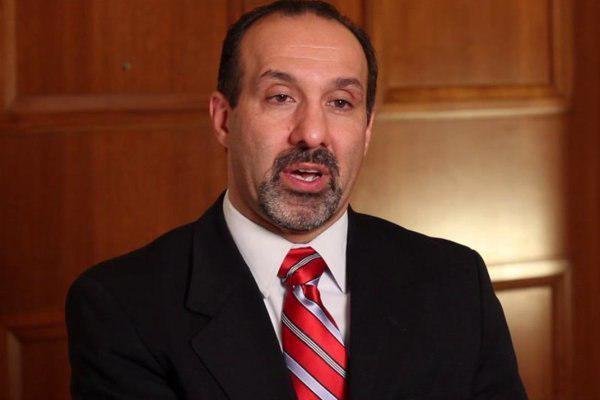On French Hypocrisy

On French Hypocrisy
Mehran Kamrava
Over the last few months, France has taken the lead among European countries in pressing Iran on its ballistic missile program, calling on the Islamic Republic to curb the range and number of its missiles. Foreign Minister Jean-Yves Le Drian has gone so far as to threaten the Islamic Republic with new, additional sanctions if Iran does not roll back its missile program. According to the French Foreign Ministry website, France views Iran’s missile program as “a destabilizing factor [that] poses a security challenge to several of our allies.”
Ironically, at the same time as it has claimed the mantle of advocating regional stability in the Middle East by trying to rein in Iranian missiles, France has been fanning regional tensions and instability by busily peddling its military hardware to several of its own regional allies, especially those in the Persian Gulf region.
As one of the world’s biggest arms exporters, France has been a primary supplier of advanced weaponry to the Middle East, of course, excluding Iran. From 2010 to 2014, no less than 38 percent of France’s total arms sales went to the Middle East. Of these, the overwhelming majority ended up in the Persian Gulf region, and especially to Iran’s two main regional adversaries, Saudi Arabia and the United Arab Emirates.
According to data from the Stockholm International Peace Research Institute, SIPRI, from 2009 to 2013, France sold a total of $12.5 billion worth of arms to the six states of the Gulf Cooperation Council, with the lion’s share, more than $6.2 billion, going to Saudi Arabia, followed closely by the UAE at $5 billion. Since then things have only gotten better for French arms exports. In 2016, Le Drian, at the time the Minister of Defense, boasted that France had “hit a fresh peak with more than €20 billion ($21 billion) of orders.”
The following year was even better for the country’s arms manufacturers. Late in 2017, Qatar placed a $14.8 billion order for French arms. On trips to Riyadh and Abu Dhabi around the same time, President Macron successfully sold additional armaments to Saudi Arabia and the UAE, also estimated in the tens of billions of dollars.
Saddled with comprehensive sanctions for nearly two decades now and unable especially to procure arms from international suppliers, developing its missile capabilities is one of the only means Iran has to provide for its military defense. Ironically, at the same time as France is calling on Iran to curb its missile program, it is increasing the Islamic Republic’s sense of insecurity by helping its regional adversaries enhance their military capabilities.
It is doubtful that French policymakers are oblivious to the consequences of their policies towards Iran and its Arab neighbors to the south. Macron is reported to have once proclaimed “we can reconcile realism with the defense of our values.” By invoking French values, Macron supposedly meant peace and stability. But the actual consequences of Macron’s policies in the Middle East, and especially in the Persian Gulf region, are anything but peace and stability.
Perhaps the French are trying to deliberately further stoke regional tensions in order to sell more weapons to ever-more insecure customers. Or perhaps they are trying to force Iran to abandon its home-grown missile program in favor of French arms imports.
It is also not beyond the pale to assume that there might be a more sinister motive at work here. Despite all evidence that Iran gave up its nuclear weapons program in 2003, France, along with other European and American partners, imposed crippling sanctions on the country in a crisis that was by all accounts artificially manufactured. After much tension and bitter acrimony, Iran and the world powers finally reached an accord in 2015 in which Iran agreed to limit its enrichment activities in return for a partial lifting of sanctions. Today, Iran is being asked to limit the one viable means it has available to shore up its military defenses while its adversaries continue to arm themselves to the teeth.
Perhaps, just perhaps, it is not Iran’s nuclear program, or its missile program, to which the French and their allies object, but the fact that Iran is seeking to tread a path of its own that is independent of Western arms and foreign military dependence.
Yesterday’s “nuclear crisis” has turned into a new “missile crisis” today. What will it be tomorrow, an “automobile crisis” or perhaps a “shoestring crisis”?
Lofty rhetoric of seeking peace and stability cannot hide the reality of ever-increasing French arms sales, and France’s own culpability in spreading instability and insecurity in the Middle East and elsewhere. Whatever the actual reasons for France’s Middle East policy, its blatant hypocrisy is only too obvious.
Mehran Kamrava is professor and director of the Center for International and Regional Studies at Georgetown University-Qatar. He is the author of the forthcoming Troubled Waters: Insecurity in the Persian Gulf.